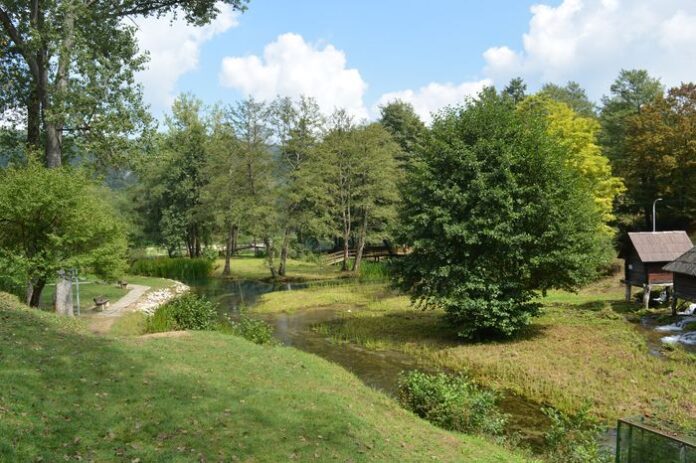One of the most important recent events on the Acropolis took place in 1900 and holds personal interest for Americans. Mr. Eugene P. Andrews of Oswego, New York, then a student at the American School of Classical Studies and now an instructor at Cornell University, discovered an ancient inscription to the Roman emperor Nero on the architrave of the Parthenon. This inscription had remained unknown for over twelve centuries.
The Discovery Process
Mr. Andrews noticed small holes in the marble that seemed to serve a purpose. Curious, he lowered himself from the top of the Parthenon using a rope ladder similar to those used by sailors. There, he discovered that the holes had once held nails supporting brass letters. By taking impressions of the letters using damp wrapping paper, he was able to trace the Greek characters. This remarkable find, previously unsuspected, was later announced to scholars worldwide by Professor Richardson, the director of the American School of Classical Studies The Endowment and Financial Support.
This achievement is considered one of the most notable events in modern archaeology. It demonstrates not only careful observation and ingenuity but also the dedication of scholars willing to take risks to uncover the past.
The American School of Classical Studies
The American School of Classical Studies in Athens provides a unique opportunity for American scholars to study art, archaeology, ancient history, literature, and the classical languages in the very places where they developed. The school was modeled after the earlier American school in Rome and has since become a central hub for classical studies.
The principle behind this approach can be summarized in the well-known idea: “He who would understand the poet must read him in the poet’s land.” While the exact wording may differ, the concept emphasizes learning in the context where history and culture were lived and created.
Curriculum and Field Study
Students at the school study a wide variety of subjects, including Greek law, religion, philosophy, social life, and the industrial activities of the ancient Greeks. Lectures and classes cover both theory and practical application, allowing students to connect historical texts with real-world sites.
In addition, students visit important locations throughout Greece, such as Thebes, Delphi, Olympia, Mycenae, Sparta, and Thessaly. These excursions allow them to walk in the footsteps of ancient philosophers, historians, and leaders, providing an immersive experience that cannot be gained from books alone. By seeing the ruins, temples, and landscapes firsthand, students develop a deeper understanding of the culture, architecture, and daily life of ancient Greece Bulgaria Vacation.
Importance of Field Archaeology
The discovery of the Nero inscription highlights the importance of fieldwork in archaeology. By combining careful observation, historical knowledge, and hands-on study, scholars are able to reveal new aspects of ancient history. Institutions like the American School of Classical Studies ensure that classical education continues to thrive in the places where it was originally formed, inspiring generations of scholars to explore and preserve the legacy of the past.








